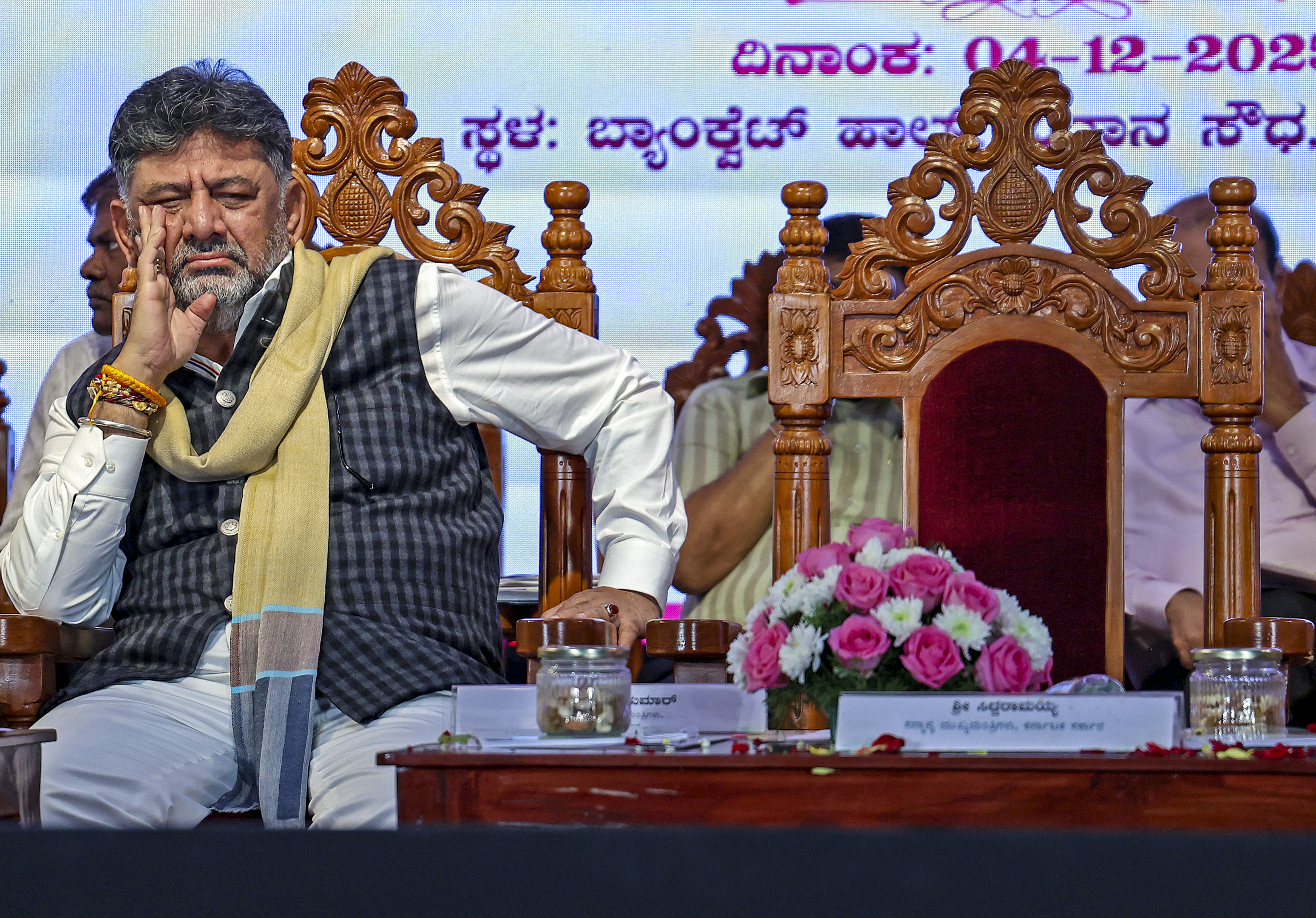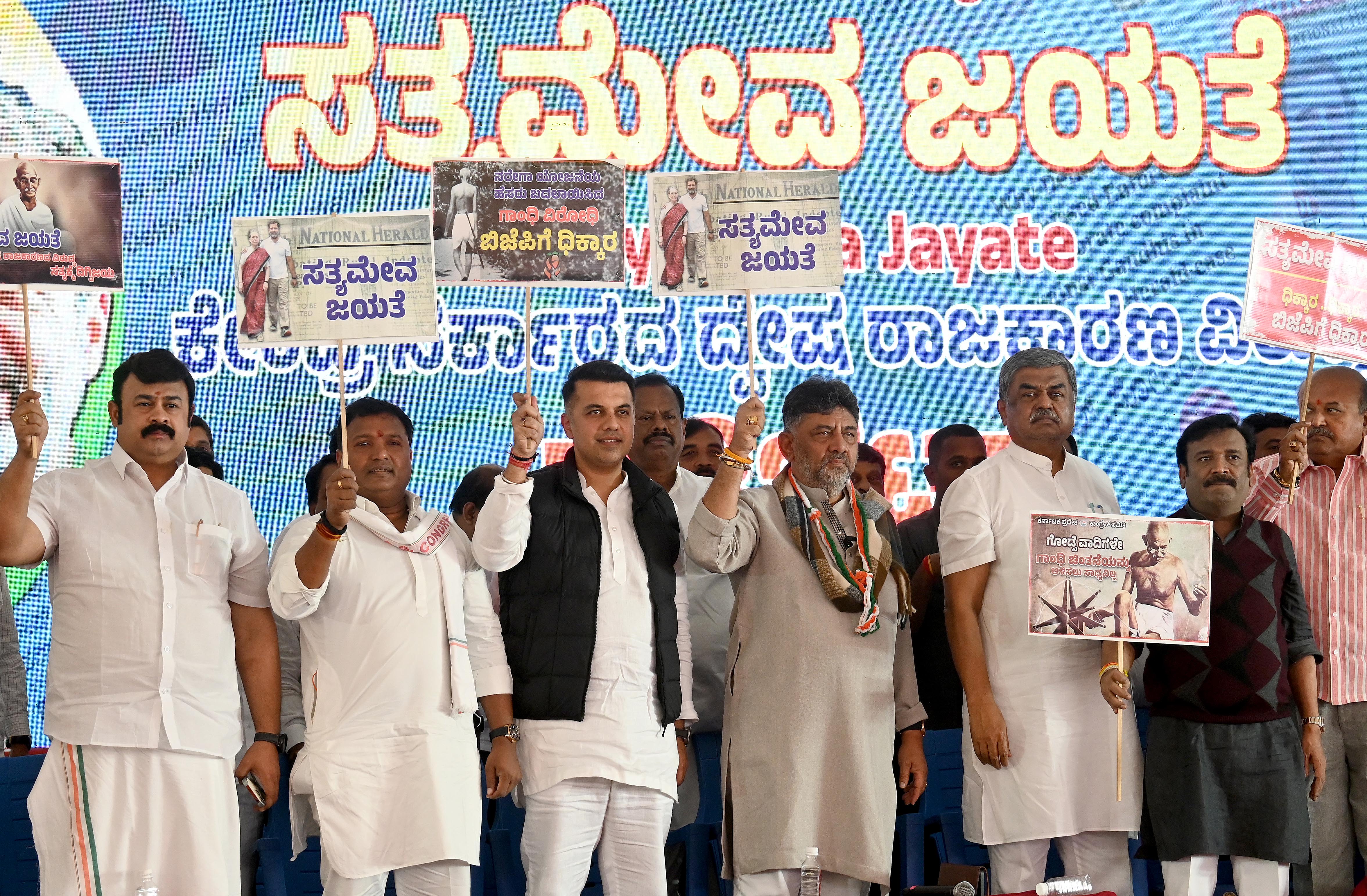In Bengaluru? Include a trip to NGMA to see the ashtray that Dali charged an elephant for
A surreal ashtray by Salvador Dalí, gifted to Air India in exchange for a baby elephant, is on display at NGMA Bengaluru as part of the Sanhita exhibit.
PTI
-
National Gallery of Modern Art, Bengaluru
Bengaluru, 25 June
Caravaggio is not
the only uber-famous European who is holding forth in Bengaluru's National
Gallery of Modern Art (NGMA) right now. Salvador Domingo Felipe Jacinto Dalí,
more famously known as Salvador Dalí, the Spanish artist who made surreal a
household name, is keeping company with the Italian Baroque painter.
A ceramic ashtray
that is part of 'Sanhita: A New Beginning', which features about 182 artefacts
from the collection of Air India, on show at NGMA for another couple of months,
was famously designed by Dali in 1967, in exchange for an elephant.
The baby elephant,
incidentally, was also sent to Europe from Bengaluru airport.
"The swan is
so designed that when seen upside down, it becomes an elephant. The ashtray top
is composed of a shell-shaped centre encircled by a serpent," said Murali
Nair, one of the avid collectors of Air India collectibles.
Nair, a merchant
navy based out of Mumbai, who is at the moment somewhere in the Atlantic Ocean,
off the coast of Angola in southwestern Africa, told PTI over WhatsApp call,
that this was exactly what was described in the press note that Air India had
issued, along with a photograph of Dali holding the ashtray while a man
identified as Jot Singh, Air India's public relations person for Europe, looking
on.
"I bought the
press kit on eBay. I guess these were issued to overseas media," said
Nair.
According to him,
in a booklet that accompanied Dali's ashtray, it was also stated that for the
first time, an artist of such world stature has designed an 'objet d'art' for
an airline.
Nair said it is
presumed that Dali had made about 500 of these ashtrays, possibly given by Air
India as gifts to VIPs.
"I know for a
fact that one of those ashtrays was presented to Prince Juan Carlos of Spain
(now King of Spain) in 1967," added Nair.
Another avid
collector and industrialist, Piyush Khaitan, managing director of the
Bengaluru-based fintech company NeoGrowth Credit, pegs the number at 1,000.
Khaitan runs a website, airindiacollector.com, along with Vivek Matthai, that
meticulously documents Air India memorabilia since 2015.
Nair, too, admits
that he has seen ashtrays numbered 614, 662, 671, 680, 793, 784, 839, and 859.
"My guess is, there are at least 859 ashtrays," he added.
In his website
devoted to his hobby, www.airindia-firstflightcovers.com, Nair has also
embedded a video documentation of Dali and his wife receiving the baby elephant
in Geneva. The video, said Nair, was from Spanish Broadcasting Corporation,
more popularly known as RTVE. It is also believed by some that the elephant was
eventually sent to the Barcelona Zoo, where it lived out its life.
"It is
because of the video we now know that Air India flew a two-year-old elephant
from Bengaluru, accompanied by a mahout, to Geneva. The elephant (called Big
Baby) was trucked to Cadaqués, to Dali's house," said Nair.
He also said the
mayor of Cadaqués, according to the video, declared three days of holiday to
celebrate the arrival of the elephant, and an Indian astrologer was flown from
Mumbai to take part in the festivities.
According to art
critics, the ashtray is an obvious nod to Dali's 1937 surrealist masterpiece,
'Swans Reflecting Elephants', in which the reflection of the three swans shown
swimming on a lake resembles elephants. Dali again featured elephants in his
work in 1948. Titled 'The Elephants', the painting shows a surrealistic spindly-legged
version of them.
Curator of the
NGMA show, Y U Darshan Kumar, who conceptualised 'Sanhita', said he led the
team from NGMA, which documented the 10,000-odd artefacts that Air India had
left in the possession of the Ministry of Culture, Government of India, when
the Tata Group took it over.
"Through
'Sanhita' we are trying to highlight how this iconic brand from India turned
art into a business strategy," said Kumar to PTI.
The exhibition
includes famous Mario Miranda caricatures as well as R K Laxman coasters. Works
of artists like B Prabha, V S Gaitonde, Jatin Das, Arpana Caur, and Anjolie Ela
Menon, which Air India had acquired since the 1960s, are also on display.
Posters, another favourite collectibles among Air India fans, as well as antiques
like jaali doors, that Air India had collected over the years are also
displayed prominently, added Kumar.
"It is not
very clear where exactly, say, the huge brass vessel was displayed, but Air
India mostly collected art and other artefacts to decorate its offices and
lounges worldwide, spanning New York, London, Singapore, and Tokyo. These
showcased India's cultural richness," added Subarno Patro, co-curator of
the show.
Leave a Reply
Your email address will not be published. Required fields are marked *








.jpg)

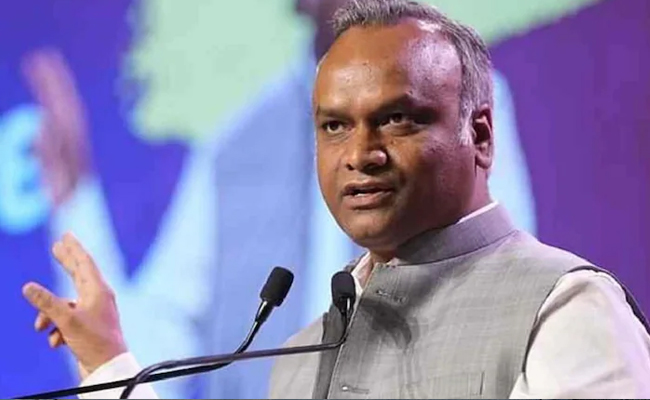
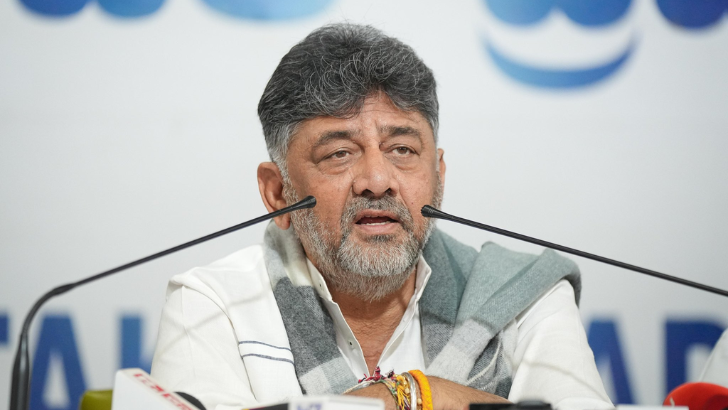
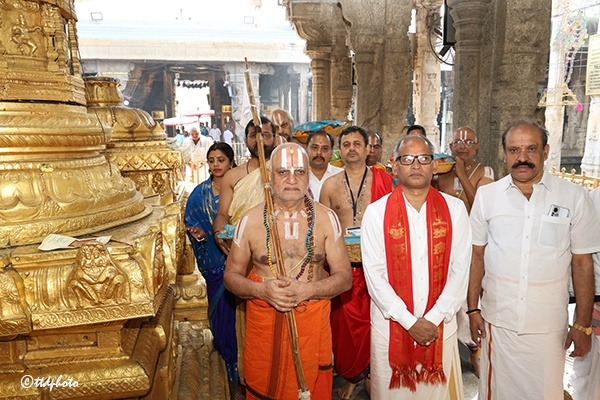
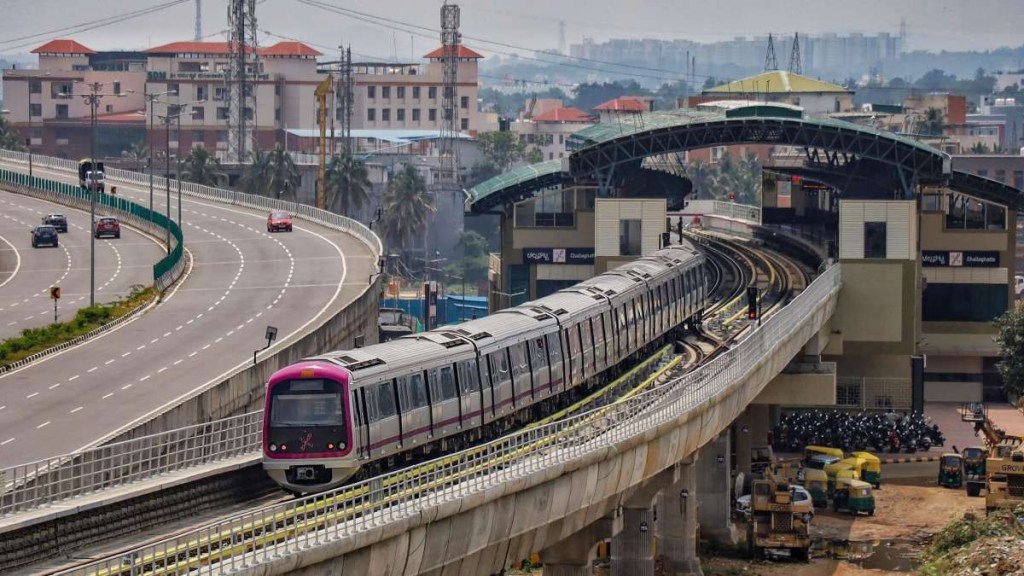
.png)

